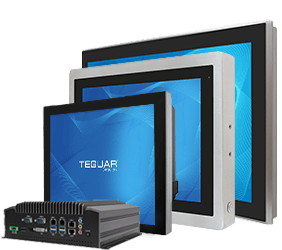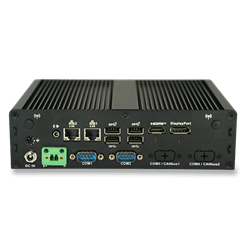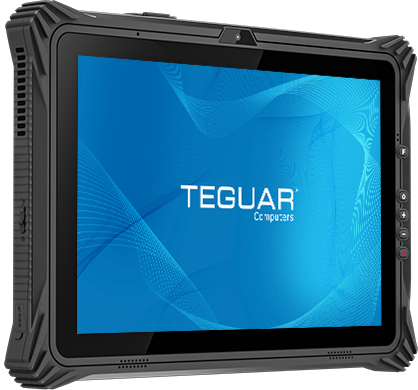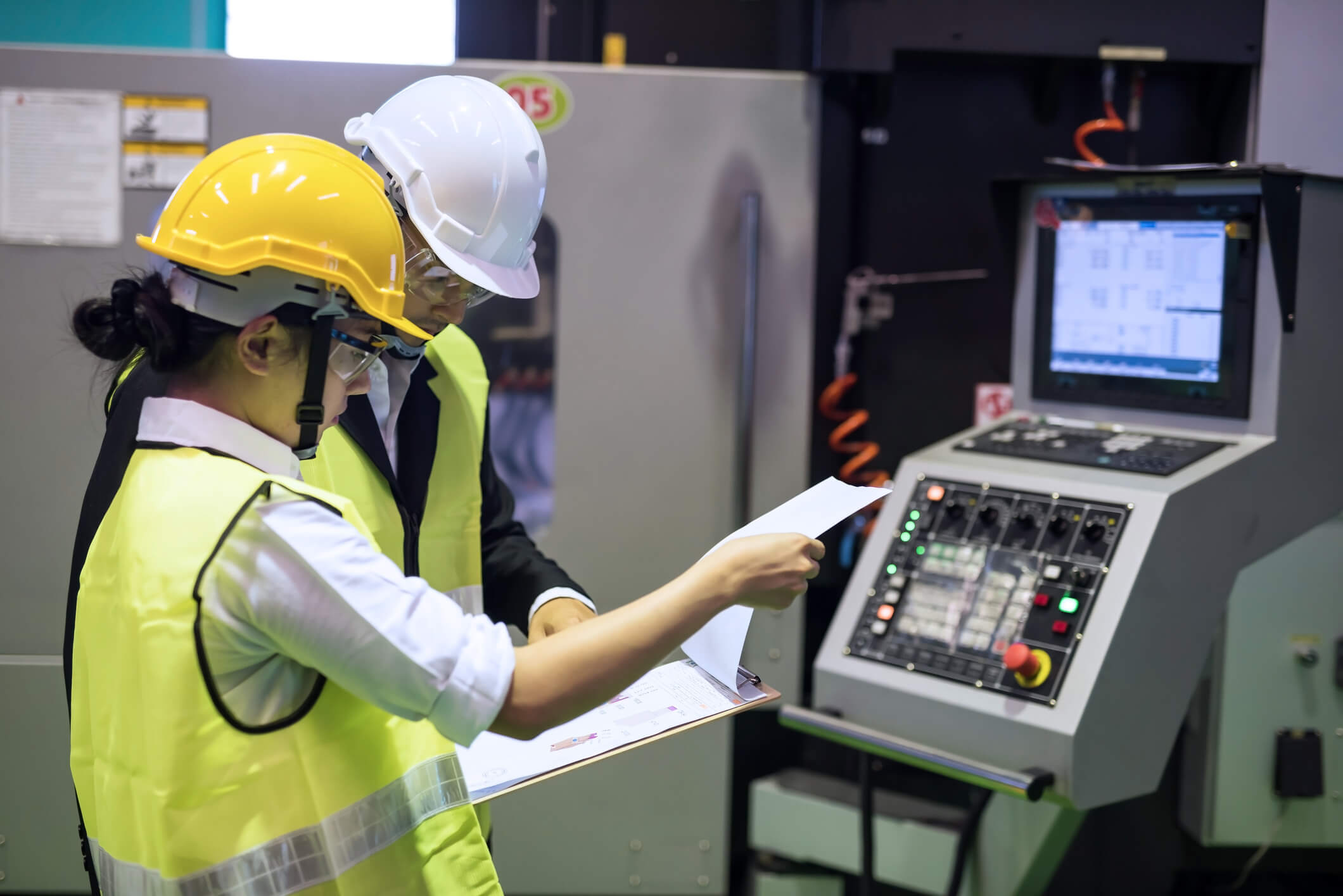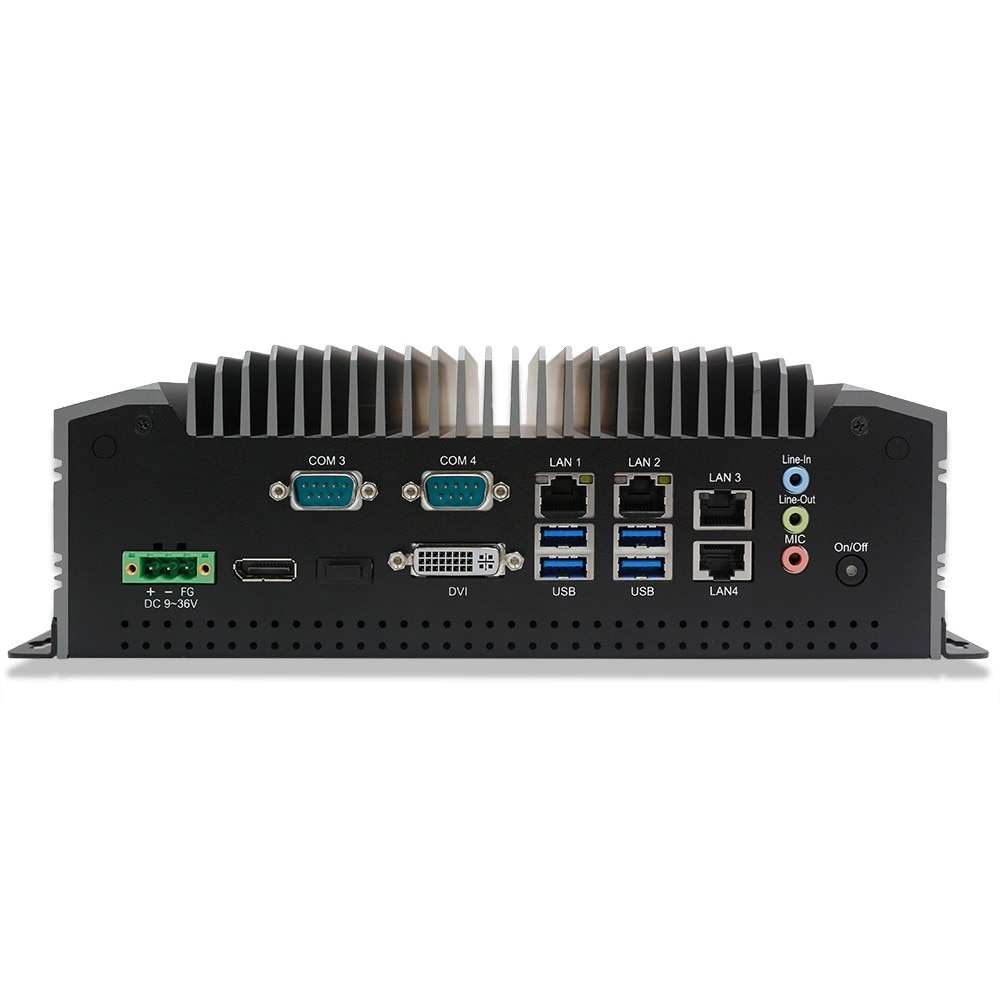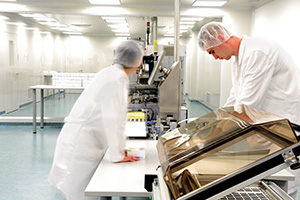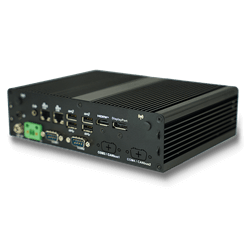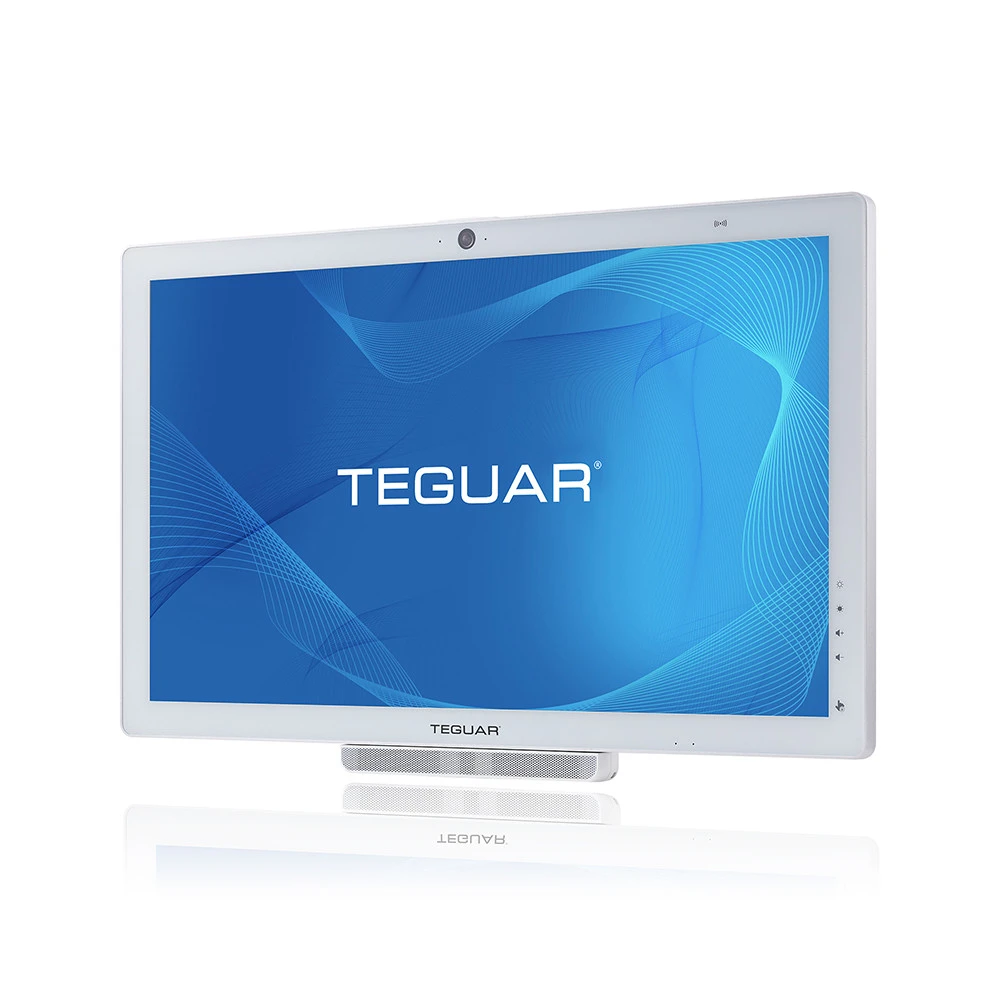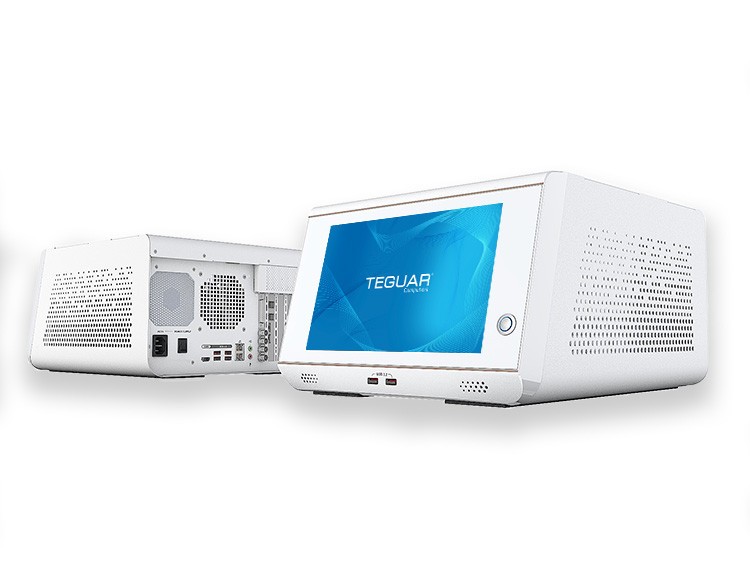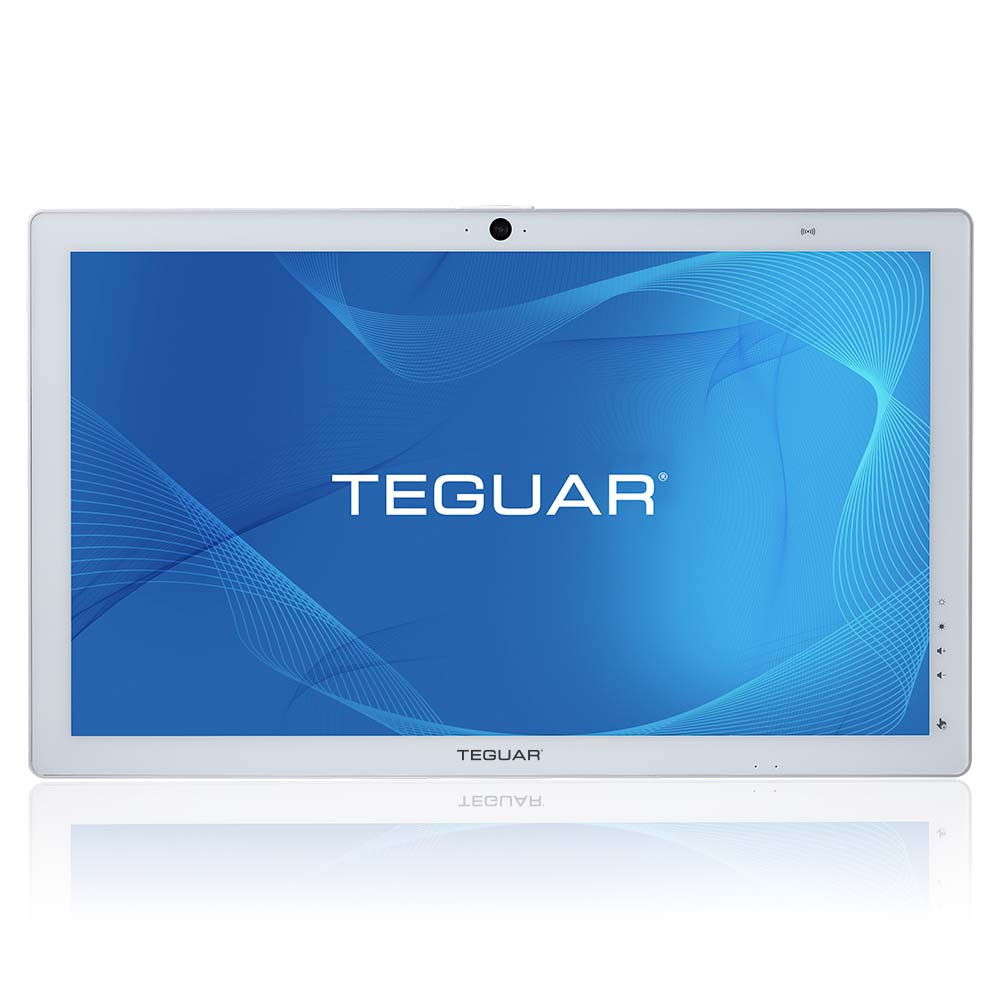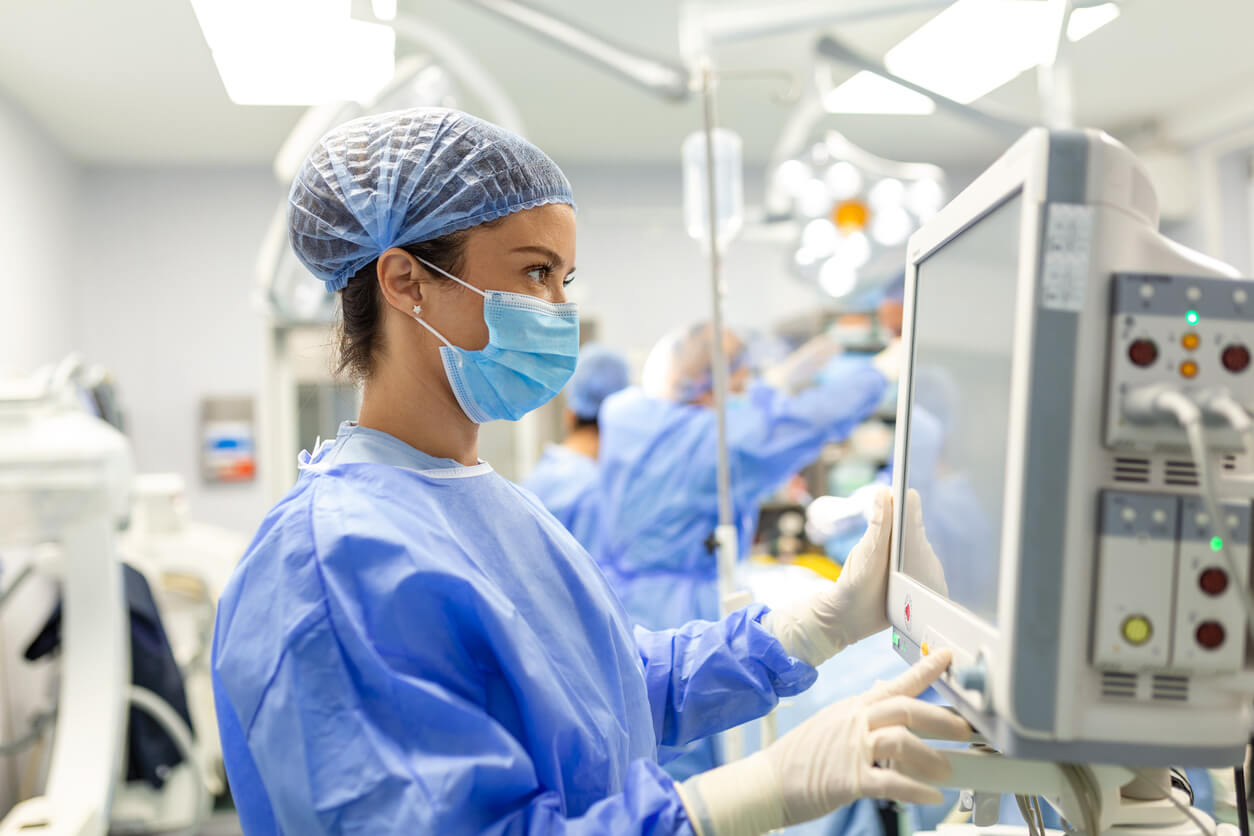Hospital Computers: 4 Critical Features You Need
Check out Teguar’s Hospital Computers
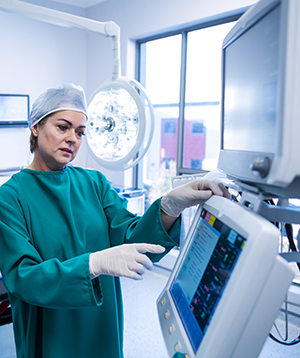 Over the past 30 years, computers have become an integral component to the everyday operation of most hospitals. Without them, healthcare staff would require significantly more time to review/update patient records and many of the now standard medical procedures would be impossible to perform. For the safety of patients and staff who interact with medical equipment, computers in a hospital should be medical-grade PCs. The most critical features of a medical-grade computer are:
Over the past 30 years, computers have become an integral component to the everyday operation of most hospitals. Without them, healthcare staff would require significantly more time to review/update patient records and many of the now standard medical procedures would be impossible to perform. For the safety of patients and staff who interact with medical equipment, computers in a hospital should be medical-grade PCs. The most critical features of a medical-grade computer are:
1. UL/EN 60601-1 Medical Certification
In order to ensure that a medical device will not adversely interact with surrounding electrical equipment, computers are tested against rigorous regulatory standards. The UL/EN 60601-1 certification is the core certification that you should look for when selecting a hospital computer system…especially if the computers are being placed near to sensitive equipment or to patients.
2. Anti-bacterial Unit Housing
Preventing the growth and spread of dangerous germs is a top concern for hospital staff. So-called “superbugs” present one of the greatest risks to patients during their hospital stay. To help limit the ability of superbugs to form at healthcare facilities, look for hospital computers that have an anti-bacterial unit housing. These protective plastic housings significantly reduce the ability of germs to settle on them and grow.
3. Isolated Input/Output Ports
When computers are used to monitor patients, administer medications, or perform procedures, they must be designed in a way that will not put the patient at risk. An electrical surge presents a serious risk to patients that are connected to the computer device. The best way to mitigate this risk is to ensure the input/output ports connected to the patient are outfitted with 4kV isolation. This serves to protect the patient and/or medical staff from a power surge travelling through the hospital computer.
4. TPM Encryption Processor
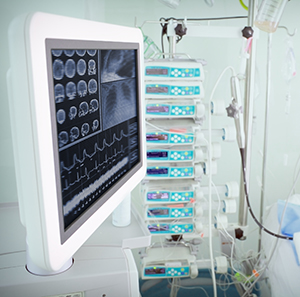 Cyber security is of vital importance to hospitals, as patient information and medical records are required to be protected under multiple government standards. Most hospitals utilize a software-based solution for protecting electronic medical records (EMRs), but this only solves part of the problem. To ensure a fully secure computing environment, hospitals should purchase computers that come equipped with a trusted platform module (TPM). The TPM serves as a hardware authentication tool to be used in conjunction with software-based security solutions.
Cyber security is of vital importance to hospitals, as patient information and medical records are required to be protected under multiple government standards. Most hospitals utilize a software-based solution for protecting electronic medical records (EMRs), but this only solves part of the problem. To ensure a fully secure computing environment, hospitals should purchase computers that come equipped with a trusted platform module (TPM). The TPM serves as a hardware authentication tool to be used in conjunction with software-based security solutions.
Medical-grade Hospital Computer Solutions
Teguar offers a wide selection of medical-grade touchscreen PC options for nurse stations, medical carts, bedside terminals, medication mixing stations, and operating rooms. Each unit comes equipped with anti-bacterial plastic housing and UL/EN 60601-1 medical certification. Fanless cooling systems come standard in each line of Teguar’s medical PCs. Additional options include isolated input/output ports and TPM hardware encryption modules. Contact us to learn why hospitals around the globe trust Teguar’s medical-grade touchscreen PCs for their operations.


